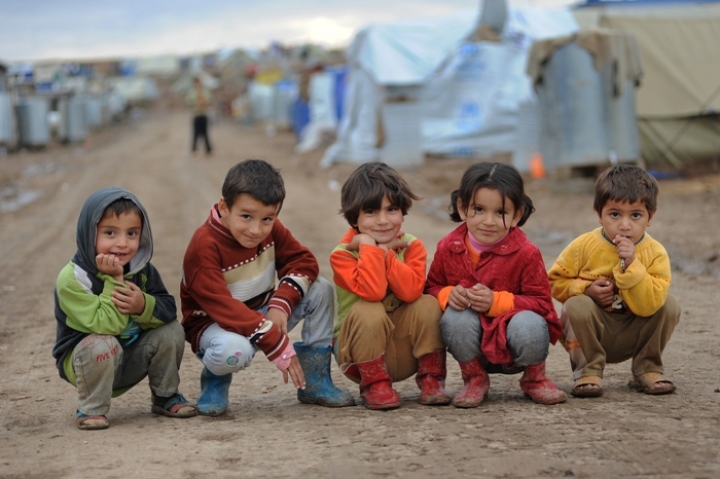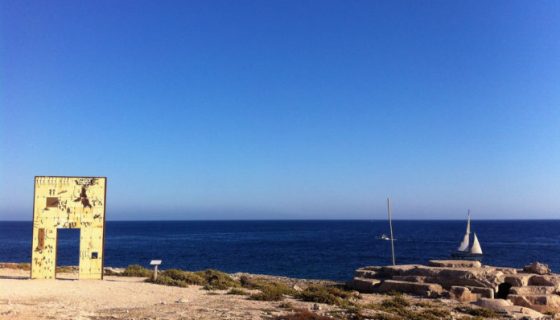- Mediterranean Hope - Federazione delle chiese evangeliche in Italia
- mh@fcei.it
World Refugee Day in Scicli
Mediterranean Hope Scicli – NEV
20 June 2015. Scicli, province of Ragusa. The House of Cultures celebrated World Refugee Day in its own way by inviting all the local associations and operators working in the vast reception “machine”. The aim was to discuss the mutual experiences and to network, primarily through a common reflection on the paths, opportunities and difficulties of each individual and group.
It was a good turnout and guests occupied all the chairs prepared for the large discussion panel, consisting of the local team of Terre des Hommes, Doctors Without Borders, Libera, ANPPIA, Borderline, operators of other communities and the local SPRAR and, above all, many citizens of Scicli and beyond. They all came to listen, discuss and testify. Under the pretext of a series of coloured woollen strands that should have created a web, a network, everyone talked about their experiences from their perspective, describing the various facets of a complex issue. It went from the personal and touching story of the president of the local Methodist church, to reflections of psychologists and anthropologists, passing through poems and testimonies of those who have personally experienced migration, the Italian one. Even though the starting points were different, the underlying theme was reception. Each participant asked himself or herself the same question “Is it possible to receive and accept?” Is another type of reception possible, one that doesn’t involve highly unprofessional improvisations and repeated episodes of profit, from the capital Mafia to Mineo?” we would have asked ourselves with a formula that was fashionable a decade ago. The discussion panel seemed to affirm the need, first of all, to rethink reception and, with it, the entire way we approach the phenomenon (not the problem) of immigration. There is the need for a different approach to the other, one that requires a deconstruction of the imaginary of the immigrant: neither an enemy nor victim to help, but a person, with their own story, own personal experience, and above all, own rights. The shared viewpoint is, in fact, the need to create a network to share experiences and different skills, to avoid the risk of too much improvisation in the reception work. We need to be rooted in the territory so that we can at least counter the logic of emergency that the Italian reception system seems to be condemned forever. With the understanding, of course, that any network can provide “best practices” can build an integrated series of services, but it cannot address the lack of social policies and structural reforms of the methods used to manage and regulate the phenomenon in Italy. The evening ended with a dinner and a concert of percussion instruments. Reflection became passion and everyone danced and celebrated. From now on, the staff of MHScicli wants to continue this reflection by publishing examples of what the terms “reception” and “integration” mean to us, which are now too polysemic to be taken too seriously. We intend to do this by sharing stories and reflections based on our work, our experiences, our mistakes and our uncertainties. *Osvaldo Costantini, Giovanna Scifo, Piero Tasca, Concetta Morana, Redouane el Khaddiri, Erica Asta, Mauro Covato





